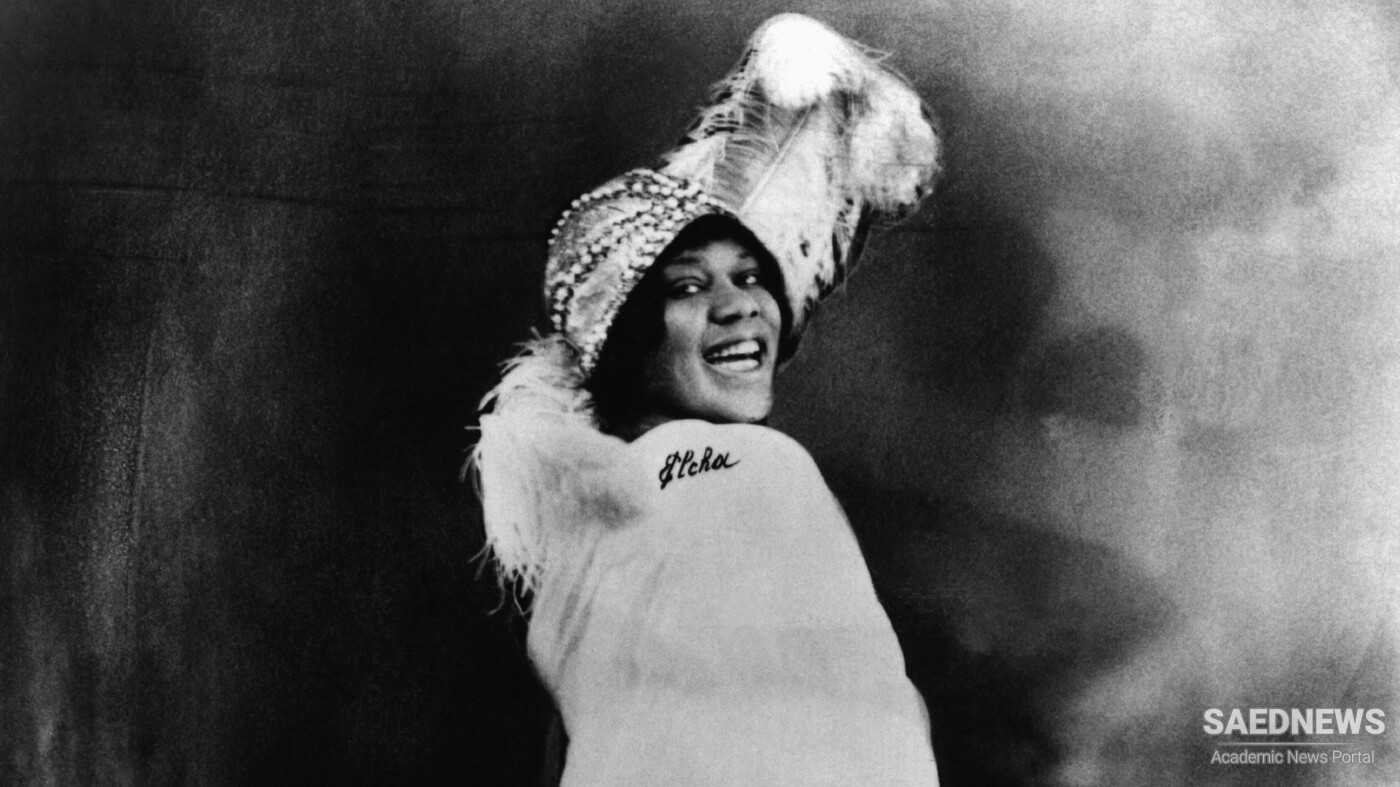Smith grew up in poverty and obscurity. She may have made a first public appearance at the age of eight or nine at the Ivory Theatre in her hometown. About 1919 she was discovered by Gertrude “Ma” Rainey, one of the first of the great blues singers, from whom she received some training. For several years Smith traveled through the South singing in tent shows and bars and theatres in small towns.
After 1920 she made her home in Philadelphia, and it was there that she was first heard by a representative of Columbia Records. In February 1923 she made her first recordings, including the classic “Down Hearted Blues,” which became an enormous success, selling more than two million copies. She made 160 recordings in all, in many of which she was accompanied by some of the great jazz musicians of the time, including Fletcher Henderson, Benny Goodman, and Louis Armstrong.
Bessie Smith’s subject matter was the classic material of the blues: poverty and oppression, love—betrayed or unrequited—and stoic acceptance of defeat at the hands of a cruel and indifferent world. The great tragedy of her career was that she outlived the topicality of her idiom. In the late 1920s her record sales and her fame diminished as social forces changed the face of popular music and bowdlerized the earthy realism of the sentiments she expressed in her music. Her gradually increasing alcoholism caused managements to become wary of engaging her.
Known in her lifetime as the “Empress of the Blues,” Smith was a bold, supremely confident artist who often disdained the use of a microphone. Her art expressed the frustrations and hopes of a whole generation of black Americans. She died from injuries sustained in a road accident.


 Fletcher Henderson
Fletcher Henderson














































